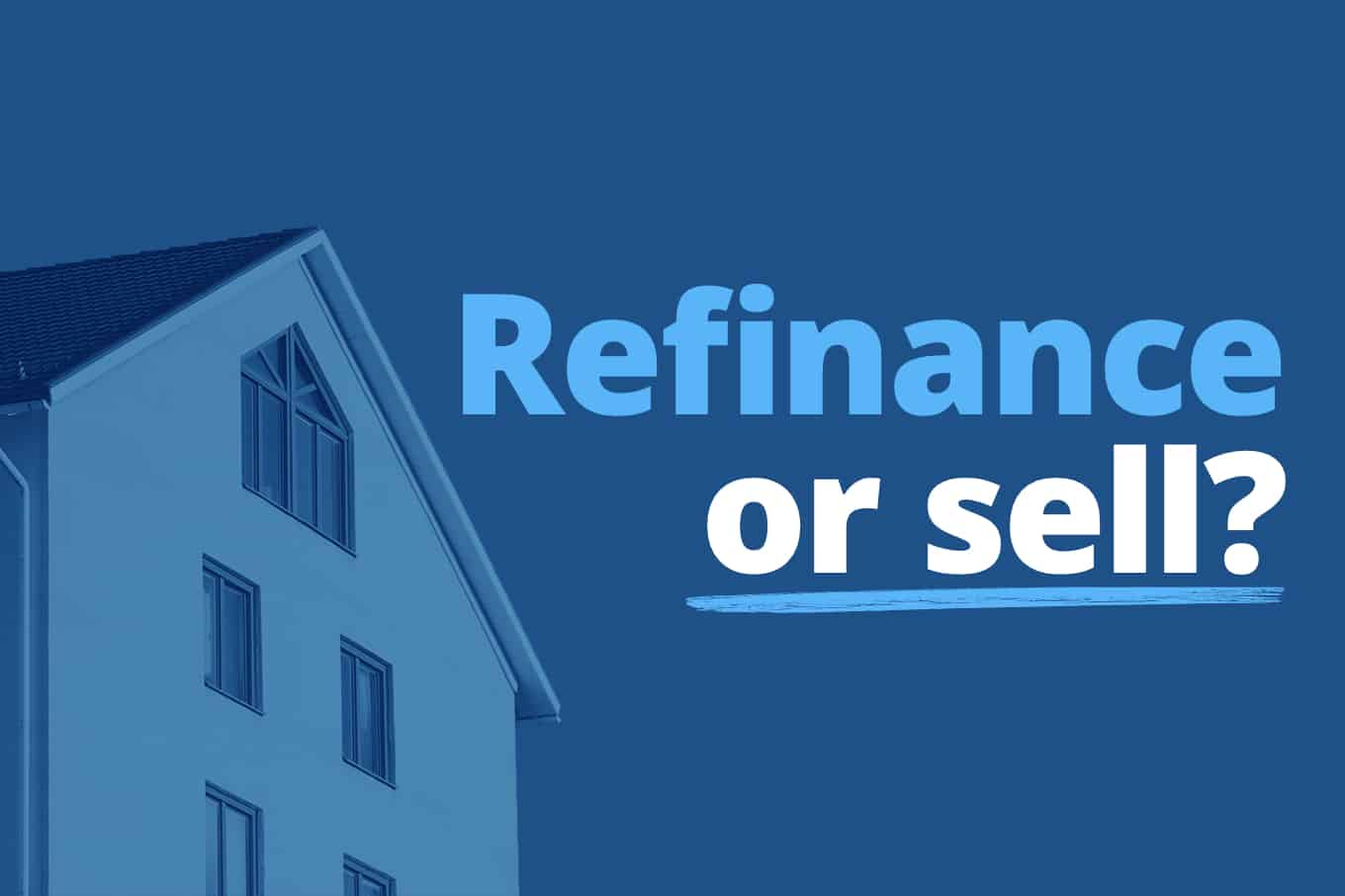As a seasoned real estate broker specializing in multi-family properties in the Kitchener-Waterloo region, I understand that recent tax changes have left many investors grappling with a tough question: should they refinance their existing properties or sell them outright? The federal government’s decision to increase the capital gain inclusion rate on rental properties has certainly added a new layer of complexity to this decision.
Let’s explore the pros and cons of each option from a local multi-family real estate perspective.
Understanding Your Goals
Before diving into any financial analysis, it’s crucial to have a clear understanding of your investment objectives. Are you looking to free up capital for property improvements or to invest in new opportunities? Are you seeking to reduce your debt load or simplify your portfolio? Your goals will significantly influence which path is most suitable for you.
Scenario: A 10-Year-Old Multi-Family Property in Kitchener-Waterloo
Let’s imagine you own a multi-family property in Kitchener-Waterloo that you purchased ten years ago for $250,000. Thanks to the region’s robust real estate market, the property is now valued at approximately $850,000. You currently have a mortgage balance of $320,000.
Option 1: Refinancing
Refinancing allows you to access the equity you’ve built up in your property without triggering an immediate tax liability. Assuming a 65% loan-to-value ratio, you could potentially borrow up to $552,500. After paying off your existing mortgage and closing costs, you’d be left with roughly $230,000 in cash.
-
Advantages
- Access to capital without immediate tax implications
- Opportunity to benefit from future property appreciation
- Potential for interest deductions on the refinanced amount (consult your accountant)
- Flexibility in refinancing terms
-
Disadvantages
- Closing costs and potential mortgage penalties
- Increased debt load and monthly payments
- Qualification can be challenging in the current interest rate environment
- Extended amortization period may not align with retirement goals
Option 2: Selling
Selling your property allows you to realize a significant profit, but it also comes with tax implications. After realtor fees, closing costs, and capital gains tax, you might net around $275,000.
-
Advantages
- Immediate liquidity
- Opportunity to diversify your portfolio or invest in other markets
- Reduced debt load and simplified portfolio management
-
Disadvantages
- Significant tax liability
- Loss of future property appreciation
- Transaction costs can be substantial
- Loss of rental income
Qualitative Considerations
Beyond the numbers, several qualitative factors should also be considered.
-
Market Conditions
- The Kitchener-Waterloo real estate market is currently experiencing high demand and low inventory, which could favor selling. However, interest rates are also on the rise, which could impact your ability to refinance or purchase new properties.
-
Personal Circumstances
- Your age, risk tolerance, and long-term plans should all play a role in your decision. If you’re nearing retirement, selling might provide a more secure financial future.
-
Property Management
- If you’re tired of being a landlord, selling could offer a welcome relief. Refinancing, on the other hand, might allow you to hire a property management company, freeing up your time while retaining ownership.
Making an Informed Decision
The decision to refinance or sell is ultimately a personal one. There is no one-size-fits-all answer. As a multi-family specialist in the Kitchener-Waterloo market, I’m here to help you weigh your options, crunch the numbers, and develop a strategy that aligns with your investment goals.
Remember, the best decision is an informed one. Take the time to consult with a trusted real estate professional, accountant, and mortgage broker before making any major moves.



